A Voyage Towards Rural Coffee Farmers; The Story of Bean Voyage - SOCIAL ENTREPRENEURSHIP BLOG SERIES NO 21
Bean Voyage helps the rural women coffee farmers from different countries who heavily depend on coffee for their livelihood but are not able to make a sustainable living from its production. Started through the effort of two young entrepreneurs, it is not only expanding globally but also reaching to the much-needed people with an impactful way to help them change the way they sell things. Though the business is not directly benefiting Nepali women farmers, Bean Voyage is expecting to collaborate with Nepali coffee producers in the near future. Talking to Bikas Udhyami through email conversation, Abhinav Khanal, co-founder, talks about the story of their entrepreneurship journey. We hope their initiative will be a learning curve for many aspiring social entrepreneurs in Nepal who wants to go global.
How did Bean Voyage start? Why did you choose coffee as the area?
In December 2014, the concept for Bean Voyage was ideated by Sunghee Tark and myself. While organizing workshops for a women’s association in Costa Rica, we met Ericka Mora, a coffee producer from the Santos region. We asked Ericka what coffee meant to her as her life heavily revolves around coffee production. Her answers were “trabajo” (hard work), “dinero” (money), and “forma de vida” (form of life). As coffee lovers who often associated coffee with positive words such as freshness and energy, the we were shocked to learn that coffee producers like Ericka were facing dreadful economic conditions. We later learned that Ericka was spending $1.40 to produce a pound of coffee, and the market was paying her $0.96 per pound of coffee. Upon research, Sunghee and me discovered that these challenges were not unique to Ericka and that there are over 5 million smallholder women around the world who heavily depend on coffee for their livelihood but are not able to make a sustainable living from its production. We had the passion to help improve the conditions for producers like Ericka, which led to the launch of Bean Voyage in September 2016. Till date, Bean Voyage has operated in Costa Rica and this year they will support 120 smallholder women, and 840 community members from coffee producing regions.
Why do you think Bean Voyage is different and it could do things that others are not doing or should be doing?
There aren’t any organizations that are addressing this problem in a holistic manner. On the one hand, we have non-profit organizations in communities that are only focused on training programs, mostly exclusive to cooperatives, and on the other hand, we have coffee buyers and roasters, who are only focused on the
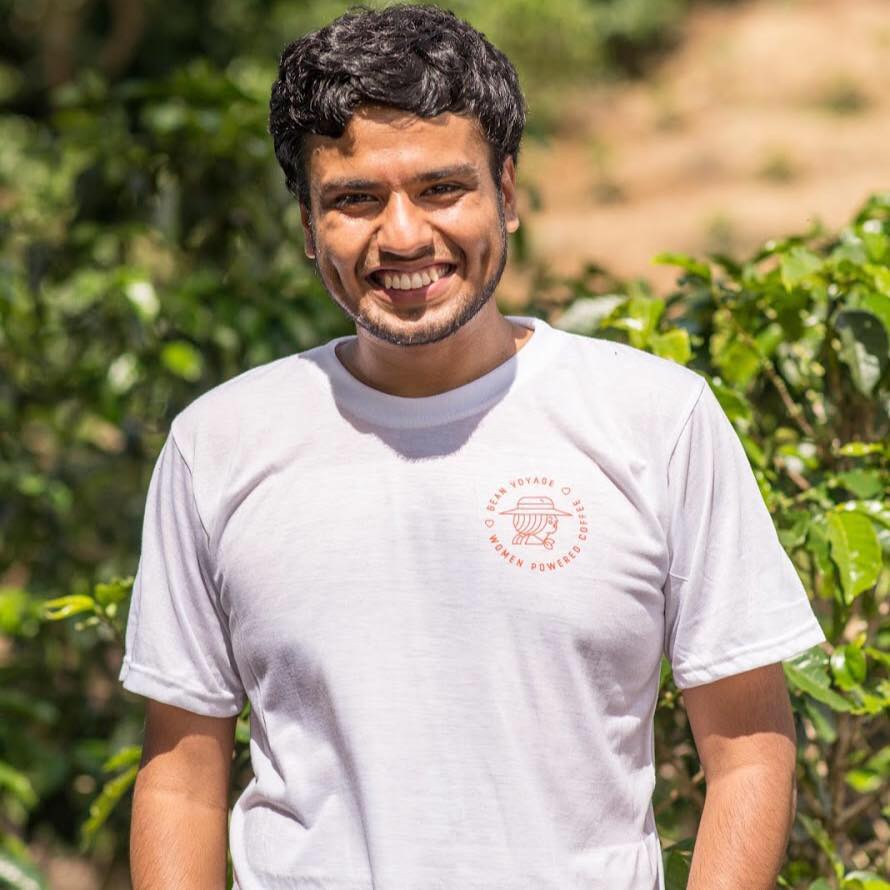
quality of the coffee. Through the Care Trade Model, we bring together the two elements into one program, so that each element fuels the other - the training program is fueled by the incentive for producers to be able to sell directly through our platform, whereas, the market program is fueled by the fact that customers are attracted to a transparent and socially responsible source of coffee.
What were the early struggles? How did it overcome that?
The early struggles for us were related to balancing the story and the quality of the product that we offered. At first, we focused heavily on telling the powerful stories of the producers that we worked with but did not put a lot of emphasis on branding and supply chain. We soon realized that consumers only care about your story if they can also taste the excellence in the product that they’re purchasing, which meant we had to make changes to our branding, packaging, quality control of products, and even recruit a Q-grader to make sure that the coffee that we were selling were of the highest quality in the market.
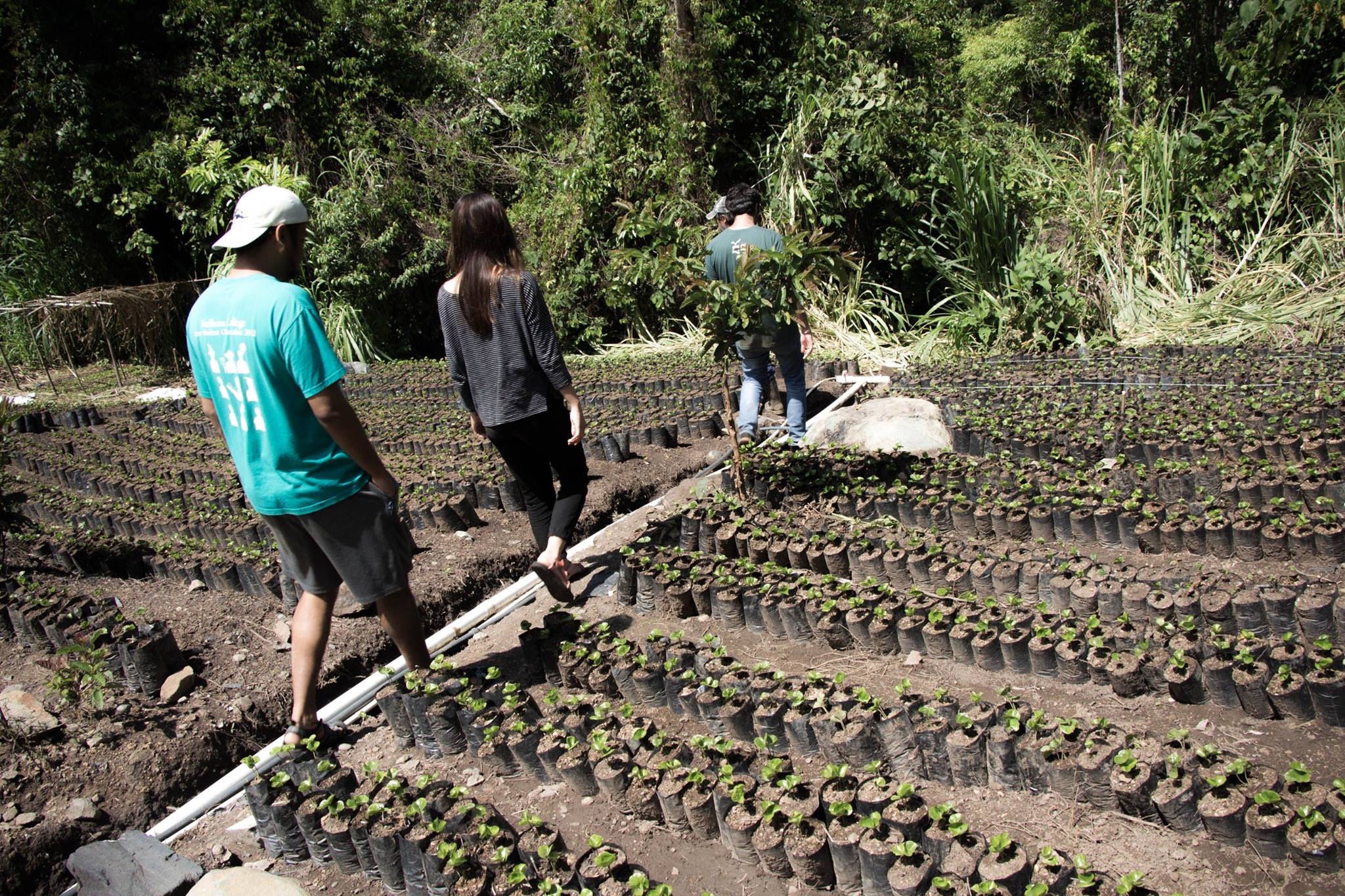
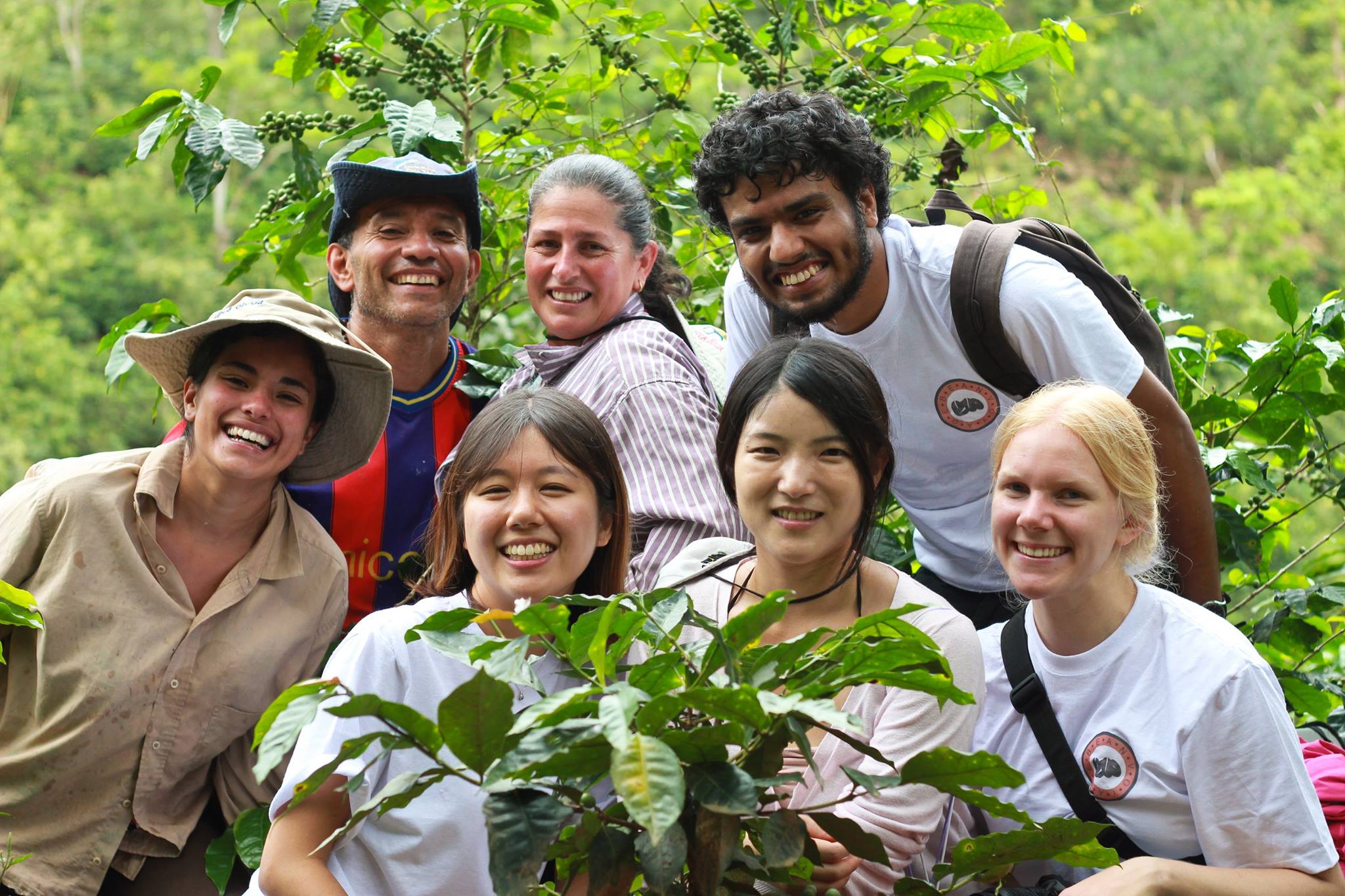
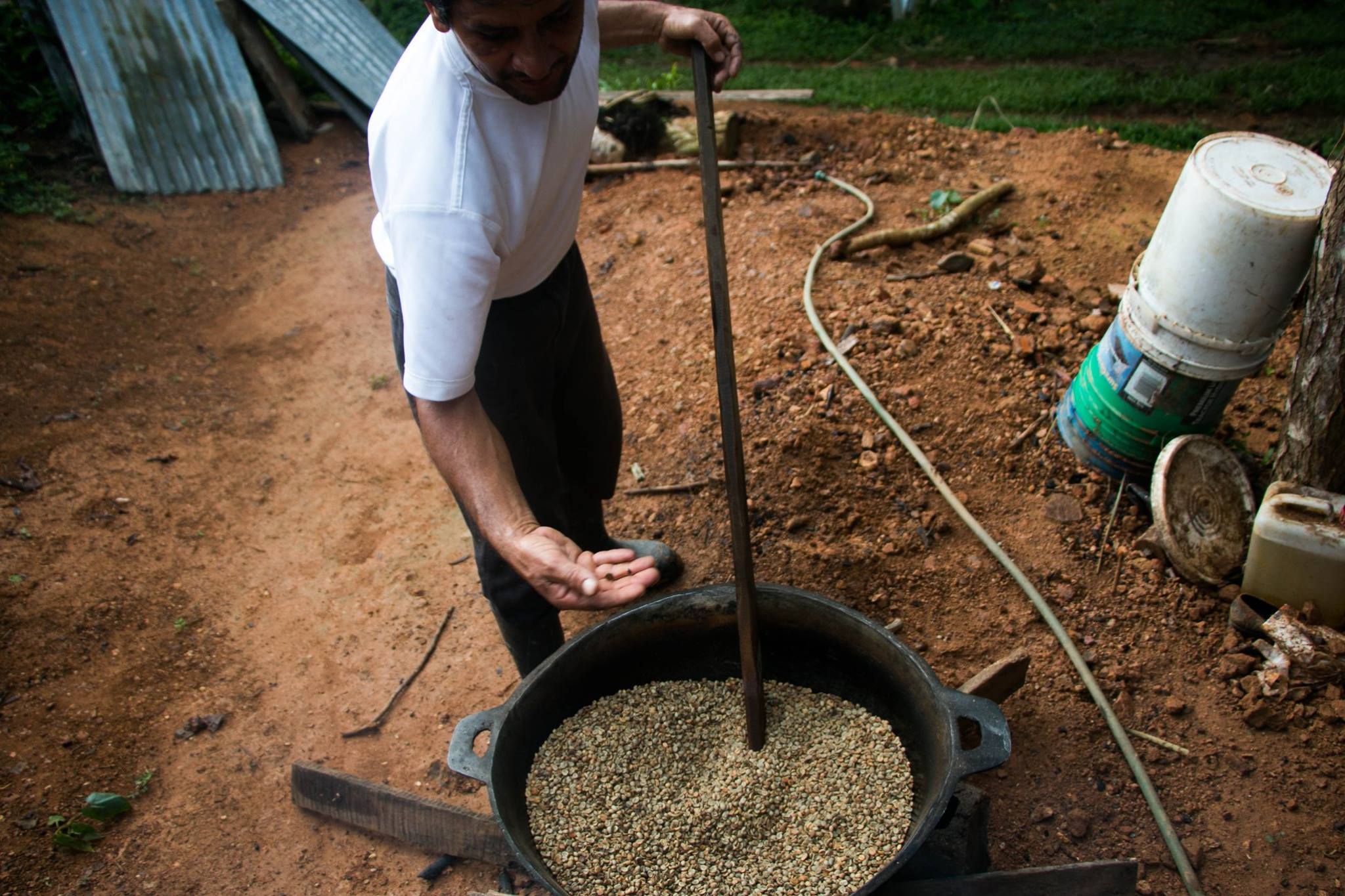
It is working with women and other local communities all over the world, why do you think is that important? How does that help?
As I mentioned earlier, there are nearly 5 million smallholder women involved in coffee production - from picking, harvest, processing, and sorting. But often times, they aren’t very involved with marketing and sales due to gender-based discrimination (household duties and other social exclusion). Even if they are able to reach the market, they often earn 39% less than their male counterparts. We’ve realized that this status-quo needs to change around the world, and started with our attempt to equip them with the knowledge and market networks so they can produce higher quality yields while maximizing profits.
You are launching a youth fellowship for young coffee professionals, how do you think that would change the global scenario of Coffee Production?
Young people are migrating from rural communities to urban centers around the world, and for a fair reason -- there are very few economic opportunities for youth in rural communities at this moment. The same is true for coffee communities, where young people grow up seeing the potential opportunities in cities or other countries, and find that they are making a loss from coffee production, so they abandon their farms and move away from coffee production. We’re hoping to reverse this trend by training youth from coffee communities on different opportunities within the coffee sector to continue being involved with coffee but perhaps as a barista, or a roaster, or a Q-grader, or even a trader, so they can see the enormous potential that is present within the coffee industry. We’re piloting this concept with the name of Care Fellowship and hope to expand it to many countries within the next 2-3 years, including in Nepal.
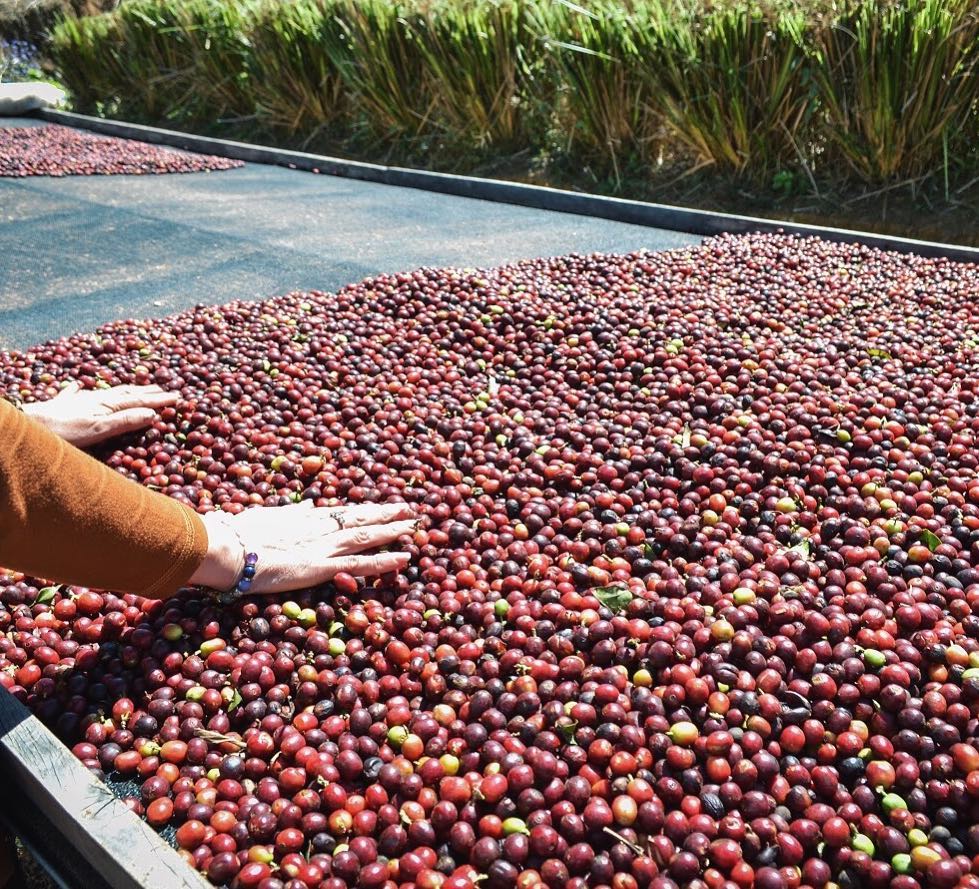
Why ensuring the sustainability of coffee communities is important? How about the sustainability of Bean Voyage itself?
This is a great question! As a social enterprise, we need to balance both -- sustainability of the communities that we support, and sustainability of our business. First, coffee communities make up a significant majority of agriculture in many countries around the world, and even though the demand for coffee is rising exponentially, the price for producers is simply not improving (this year, coffee prices have been record low). If this continues, farmers will continue abandoning coffee production or agriculture in general, and move towards urban centers for opportunities, or stay in their communities with the decreasing standard of living (which is the case for most women, who aren’t able to migrate as easily as men). When there is an industry that has such high demand, the fact that the people who are producing it are living on subsistence levels is not only unfair, but it’s inhumane. Our goal is to support their efforts to make their coffee competitive in the market and find them the kind of buyers who are willing to pay them above the commodity market prices.
Having said this, Bean Voyage needs to sustain itself as well. Right now, less than 20% of our revenue is generated from sales of coffee, and the remaining is generated from philanthropic donations. We plan to significantly tilt this balance in the next 3 years, to make sure we generate 50-60% of our revenue from coffee sales and the remaining from philanthropy.
What impact do you think Bean Voyage is creating to the community?
This year, we conducted an independent study with the support of One Young World to calculate our Social Return on Investment, and the result was really impressive. As of 2018, we are ensuring an SROI of 1:5, which means every dollar that we’re investing in our programs is guaranteeing a 5x increase in income for our producers. There’s still a long way to go, as we realized through some of our qualitative surveys, where we understood that we need to engage more men from these communities into our programs, and turn them into allies towards gender equality. We also need to sell more of their coffee because even though we’re paying them a high price for their coffee, at the end of the day, it also depends on the volume of coffee that we are able to sell.
You as a young Nepali Entrepreneur is now creating an impact in multiple countries around the globe. How do you observe social entrepreneurs in Nepal? From your experience what do you think Nepali entrepreneurs are doing best and what are the areas they can improve more?
I am honestly so excited to learn about the social entrepreneurs in Nepal, doing incredible things in different sectors. From using blockchain technologies to democratize finance, to developing new methods of doing business to support underserved communities - I have really enjoyed following Nepali social entrepreneurs from afar. I honestly don’t think I’m in the position to analyze their successes or failures, but really hope that I will get to collaborate with some of them in the following days.
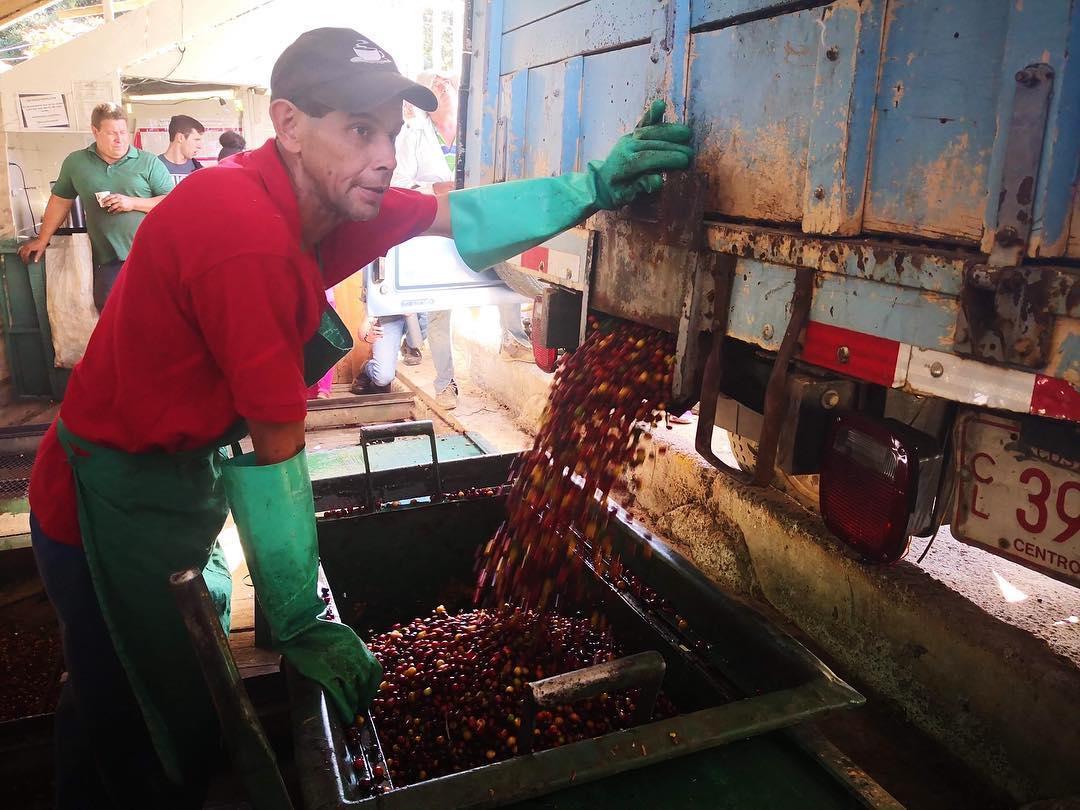

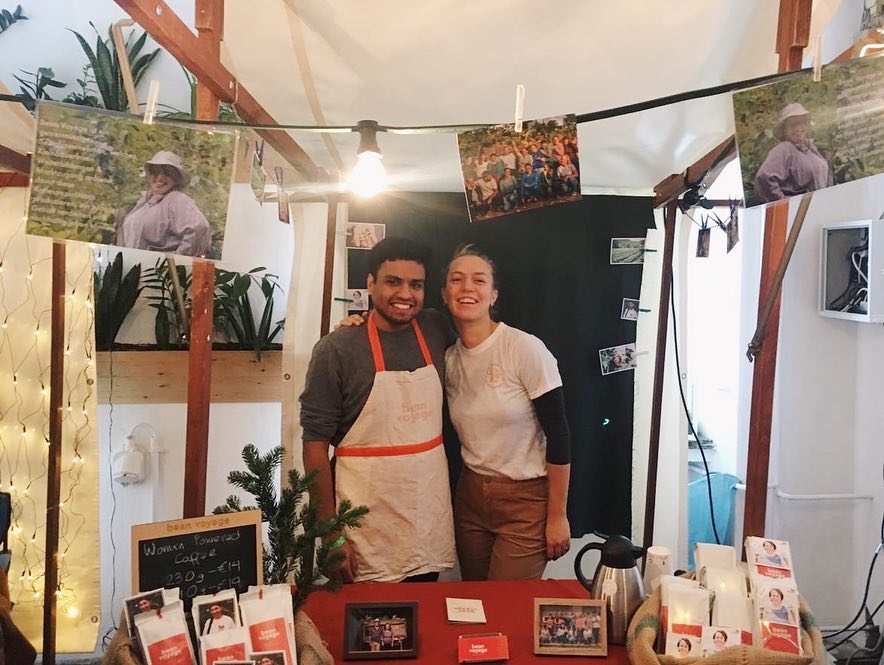
You were awarded from the Facebook Social Entrepreneurship Award 2018 for your impactful contribution to society through the used of social media. In the context of Nepal where we have almost 78 percent of the mobile users using Facebook, what message do you want to convey to them regarding youths coming into the business?
Nepal is going through an important time in its growth process where we have two powerful factors to our advantage: young human capital and early access to technology. The important step will be to create avenues for these two factors to combine and opportunities for them to maximize their potential. I sincerely hope that most of the 78% of the population is taking advantage of this digital age to build opportunities for themselves, to learn new tools, and to launch their vision at a global level. Perhaps in the past, we have been limited to take our ideas to a global stage due to red-tapes and bureaucracy, but today, a young person in Nepal is able to run a worldwide company from their bedroom, and that is an incredible opportunity.
To know more about them: https://beanvoyage.com/
